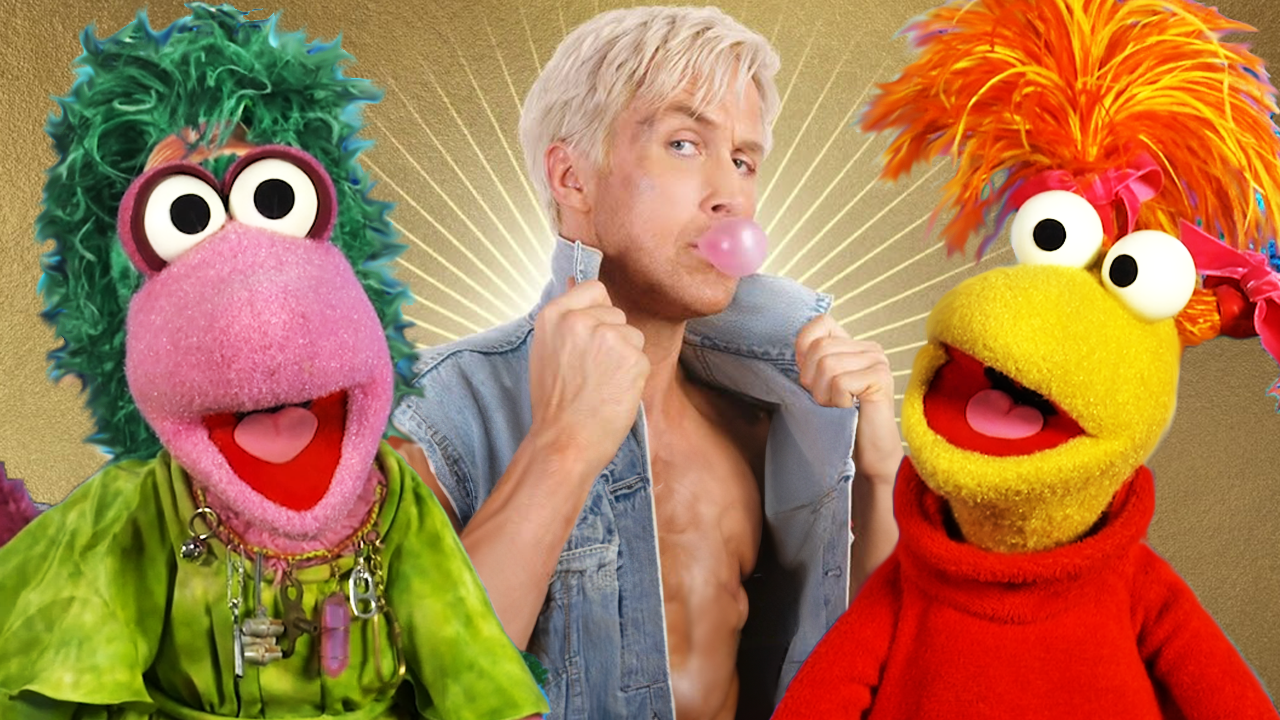
Being the self-titled Movie Dweeb, you’d think I know anything and everything to do with current cinema. You’d think that, wouldn’t you?
And yet, when I was invited to attend a screening of Hotel Mumbai, I wrongly strolled into the theatre with a skip in my stride and a smile on my face, as I was expecting a delightful romp with Dev Patel as a frustrated manager, attempting to look after his dilapidated hotel, in a similar vein to The Best Exotic Marigold Hotel.
FYI, Hotel Mumbai is nothing like The Best Exotic Marigold Hotel.
In fact, Hotel Mumbai is Sky’s latest original; a gripping and tense thriller based on a terrorist attack that happened in the iconic Taj Hotel, as staff risked their lives to save the occupants. I am writing this review days after I saw the film, and I still have fading red marks across my face, as I tightly gripped my ears shut and peeked through my fingers through genuine fear of what I was seeing.

I thought this subject matter was quite a unique choice. While there’s no denying that the likes of the 2004 Indian Ocean earthquake and tsunami, and September 11 attacks were horrifying moments in human history, I feel as if I have become almost desensitised to them – when I watch a film based on either of these events, I naturally feel empathetic, but I’m fully aware of what happened. Whereas, much like many of my peers who I’ve spoken to about Hotel Mumbai, I was unaware that the 2008 Mumbai attacks had even happened, so as I watched the movie, I was almost watching the attacks occur as if they were happening in real time; I was totally unaware of what was going to crop up next. This, for me, made Hotel Mumbai one of the most exhilarating cinema experiences I’ve ever sat through. Even after I spoke to my father – a man who vividly remembered the horrific attack – about the film, he was learning about instances and events that he didn’t know happened.
Hotel Mumbai is, undoubtedly, a film that will stay for you. I left the screening soaked with sweat. Maybe it’s because my BMI’s through the roof and I’m critically unfit, but it’s more likely that I found Anthony Maras’ telling of the events just that unnerving. Hotel Mumbai isn’t a film that’s meant to tug on the heart strings – such as the likes of Extremely Loud & Incredibly Close; Hotel Mumbai is a thriller, which honours the heroism of the true-life subjects that vowed to protect their customers.
Admittedly, at the very beginning of the film, I sighed and rolled my eyes – which, looking back, may have seemed quite insensitive. I really regret it now. But the opening shots show several young boys armed with guns. The beginning scenes could have been directed by someone who had only seen one film before; with that film being 2 Girls 1 Cup. As the antagonists of the film are introduced, dark music plays – you can hear sharp violin blasts. They’re all frowning and snarling. We are immediately then show Dev Patel’s character, Arjun, who is clearly the film’s good guy; this is shown by him being a caring father, and a man who gayly cycles through the town to upbeat, melodic music. Meanwhile, everything is painted in a golden haze, because that’s the only way to signify India, right? What I’m telling you is that you shouldn’t switch off after the first act; as more characters get introduced, and the story unfolds, Hotel Mumbai becomes a lot more complex and unsettling.

Most importantly, Hotel Mumbai is tense. At times, almost too tense, and it becomes somewhat melodramatic, but with powerful performances from Nazanin Boniadi and Dev Patel – which, with Dev, is about as expected as Britain making an awful, uneducated political vote – you can find yourself going along for the, frankly, brutal ride. I was only left with a sour taste at the end of the film, when it looked like a lot of the main characters were fabricated for dramatic effect. I could be wrong – it has happened once or twice before – but as the credits rolled, footage from the real tragedy played, and it seemed as if the characters we’d spent two hours with were made to almost exploit our emotions and create a storyline. It is, however, said that a lot of the characters kept traits from an amalgamation of real hostages.
Maybe Hotel Mumbai was released too soon. It would be wrong to think that families weren’t still grieving those lost in the terrifying attack that happened a mere 15 years ago. But it was still a very important film; one that showed the strength in the individual, despite the risks and consequences he/she may have faced, which should be remembered forever. It certainly wasn’t an easy watch, but a very powerful one; of a well-crafted movie.






Leave a Reply